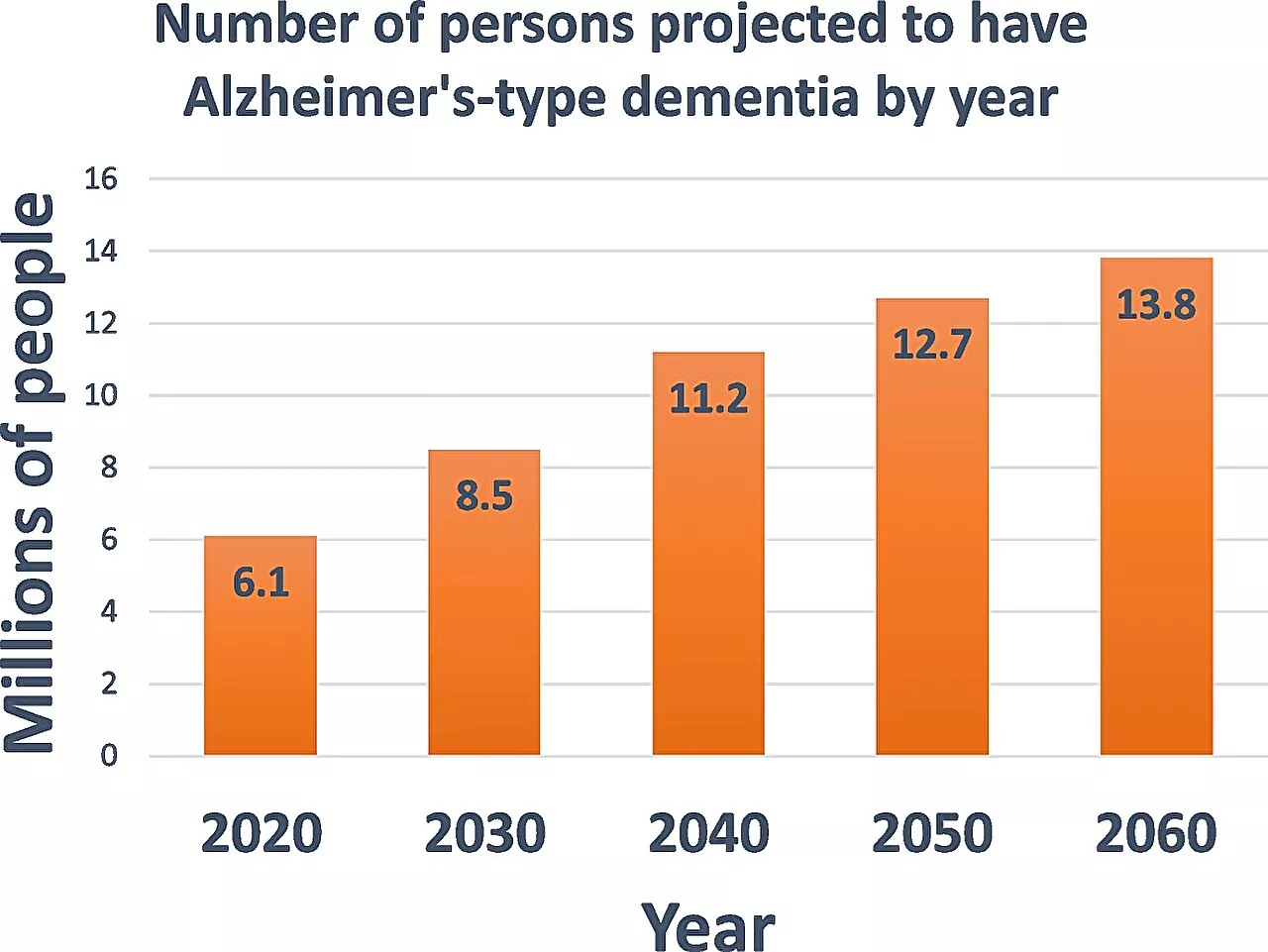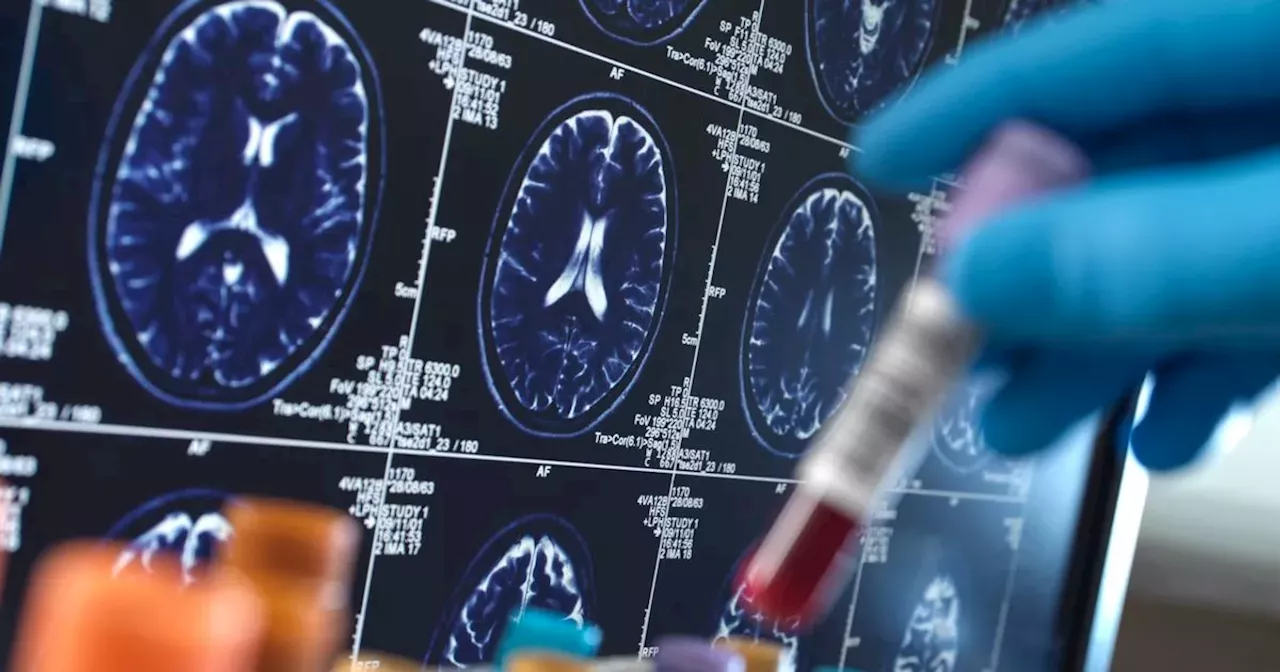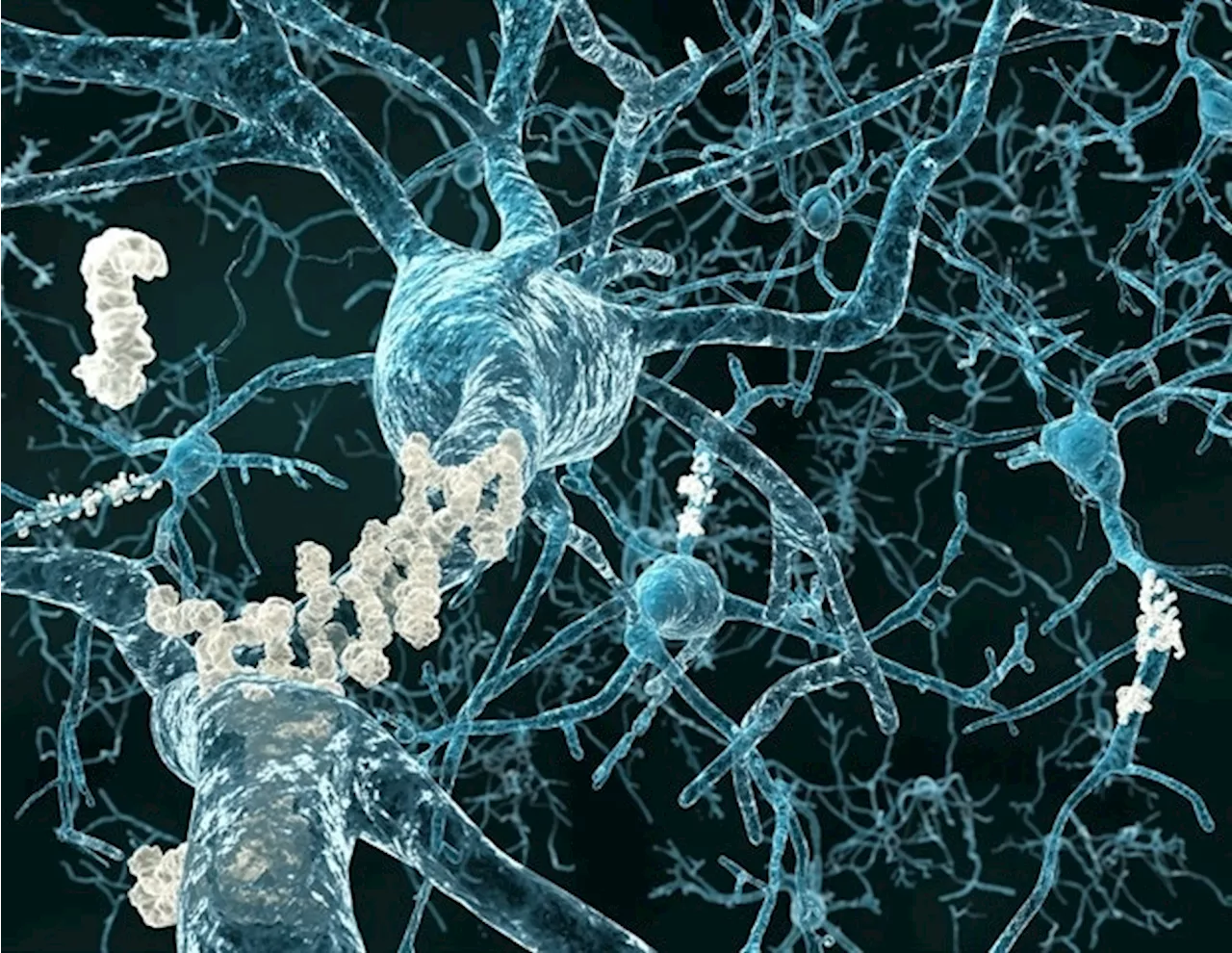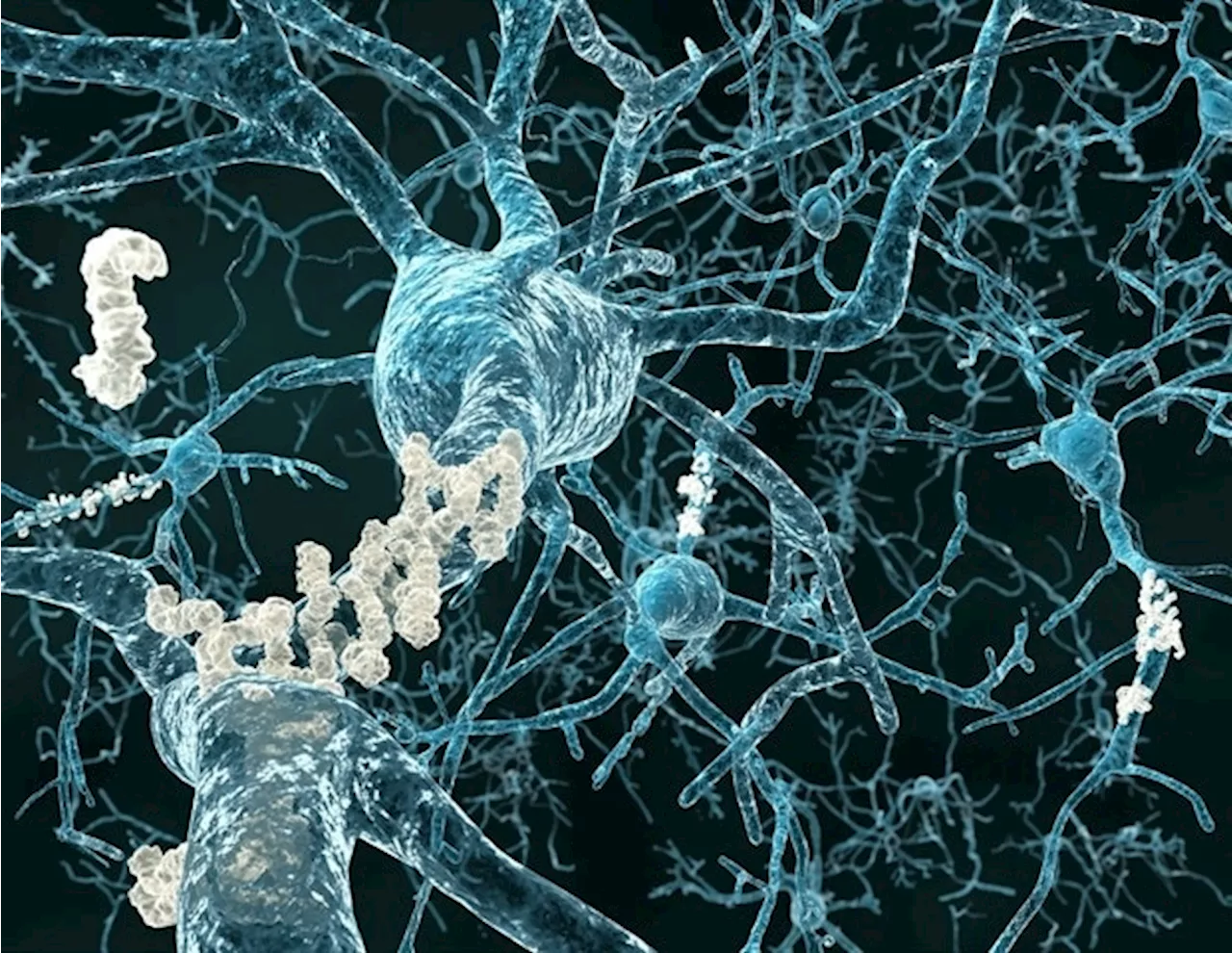Researchers from DZNE and Otto von Guericke University Magdeburg have identified individuals with increased risk for dementia using mobility data, recorded during a smartphone-based wayfinding task on the university campus.
DZNE - German Center for Neurodegenerative Diseases Oct 3 2024 The findings, reported in the journal PLOS Digital Health, show the potential of smartphone data, collected in conditions close to everyday life, for the early detection and monitoring of Alzheimer's disease. The study included 72 adults; about a third of them with subjective cognitive decline , a condition that is a known risk factor for dementia.
Currently, Alzheimer's is often treated too late to ensure effective therapy. Even the new antibody drugs that are being much discussed at the moment only work if they are given at an early stage. Thus, we need to be able to diagnose the disease earlier, when symptoms are still mild. This requires advances in diagnostics." With colleagues, she now tested a novel approach to assessing problems in spatial navigation, as one of the first potential symptoms of Alzheimer's disease.
"Scavenger hunt" on the campus In total, 72 women and men between the ages of their mid-twenties and mid-sixties participated in the study. Of the 48 older individuals, 23 were diagnosed as SCD patients. People with this condition perceive a loss of mental capacity, which, however, cannot be detected by conventional neuropsychological tests. These individuals do not inevitably develop dementia. However, it has been shown that they are at an increased risk.
Alzheimer's Disease Antibody Diagnostics Drugs Neurodegenerative Diseases Research Technology Walking
Deutschland Neuesten Nachrichten, Deutschland Schlagzeilen
Similar News:Sie können auch ähnliche Nachrichten wie diese lesen, die wir aus anderen Nachrichtenquellen gesammelt haben.
 Researchers seek early Alzheimer's detection with MRSIUniversity of Virginia professor Mathews Jacob has secured a $3.9 million grant to advance his innovative research on detecting Alzheimer's disease in its early stages.
Researchers seek early Alzheimer's detection with MRSIUniversity of Virginia professor Mathews Jacob has secured a $3.9 million grant to advance his innovative research on detecting Alzheimer's disease in its early stages.
Weiterlesen »
 Researchers show novel drug rescues memory loss in Alzheimer's mouse modelIn a recent development in Alzheimer's disease research, Auburn University scientists have studied a new drug, troriluzole, that can prevent brain changes leading to memory loss and cognitive decline in a mouse model of the disease.
Researchers show novel drug rescues memory loss in Alzheimer's mouse modelIn a recent development in Alzheimer's disease research, Auburn University scientists have studied a new drug, troriluzole, that can prevent brain changes leading to memory loss and cognitive decline in a mouse model of the disease.
Weiterlesen »
 Bridging gaps: Researchers apply cancer insights to advance Alzheimer's therapiesNew research suggests that understanding how cancer cells evade the immune system could hold the key to developing more effective treatments for Alzheimer's disease.
Bridging gaps: Researchers apply cancer insights to advance Alzheimer's therapiesNew research suggests that understanding how cancer cells evade the immune system could hold the key to developing more effective treatments for Alzheimer's disease.
Weiterlesen »
 Researchers say new drug could stop Alzheimer's in its tracksThe study found that the medication, called RI-AG03, was effective at preventing the build-up of damaging Tau proteins
Researchers say new drug could stop Alzheimer's in its tracksThe study found that the medication, called RI-AG03, was effective at preventing the build-up of damaging Tau proteins
Weiterlesen »
 Researchers make breakthrough in Alzheimer's disease drug developmentAn international team of researchers led by Lancaster University have made a promising breakthrough in the development of drugs to treat Alzheimer's Disease.
Researchers make breakthrough in Alzheimer's disease drug developmentAn international team of researchers led by Lancaster University have made a promising breakthrough in the development of drugs to treat Alzheimer's Disease.
Weiterlesen »
 Blood-based biomarkers for early detection of Alzheimer's diseaseNew research has discovered a unique and promising avenue for diagnosing Alzheimer's disease (AD) earlier – by analysing AD biomarkers in blood – so that the impacts of dementia can be reduced.
Blood-based biomarkers for early detection of Alzheimer's diseaseNew research has discovered a unique and promising avenue for diagnosing Alzheimer's disease (AD) earlier – by analysing AD biomarkers in blood – so that the impacts of dementia can be reduced.
Weiterlesen »
